The Italian psychiatrist Dr. Aldo Virgilio has been working for many years in the field of transcultural mental health. But after being engaged by the Italian state in 2022 to try and determine which migrants could disembark a ship, his experiences prompted him to volunteer for a role on board the Humanity 1. Here, he explains to InfoMigrants a bit about his work as the ship's doctor and what motivates him to work with SOS Humanity.
Doctor Aldo Virgilio is 68-years-old and was born and lives in Catania, Sicily. Many people his age might have been considering a relaxing retirement, but the experienced psychiatrist has recently stepped off his latest rotation on board the Humanity 1 rescue ship, operated by the German NGO SOS Humanity.
Virgilio underlines that every time he meets migrants on board the boat, he tries to make sure that it is an encounter of equals. "I try and introduce myself as a person, not as a doctor. I find that when they understand this and see me on that human level, it is easier for me to be able to take care both of their visible and invisible wounds."
Although the psychiatrist, had been the head of a transcultural clinic in Catania for 18 years, he hasn't always worked directly with humanitarian NGOs. Just three years ago, he was engaged by the Italian government to deal with a disembarkation of migrants at the port of Catania, and this experience ended up altering his path in life and inspired him to become more involved with those arriving on Sicily's shores.
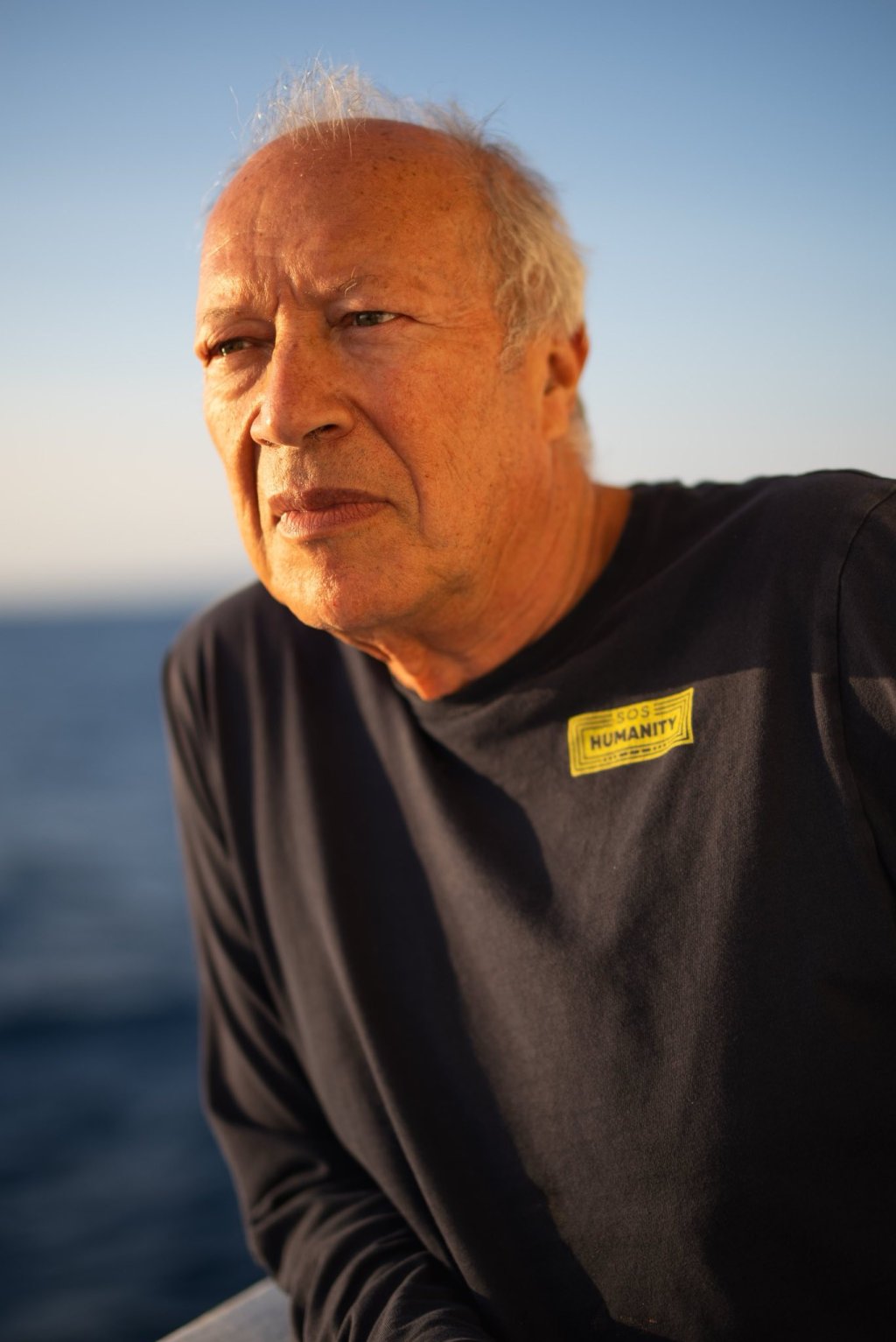
Work with the Italian government
On November 7, 2022, Virgilio was the head of the team of psychiatrists and psychologists who were tasked by the Italian government to decide how many migrants would be allowed to disembark in the port of Catania.
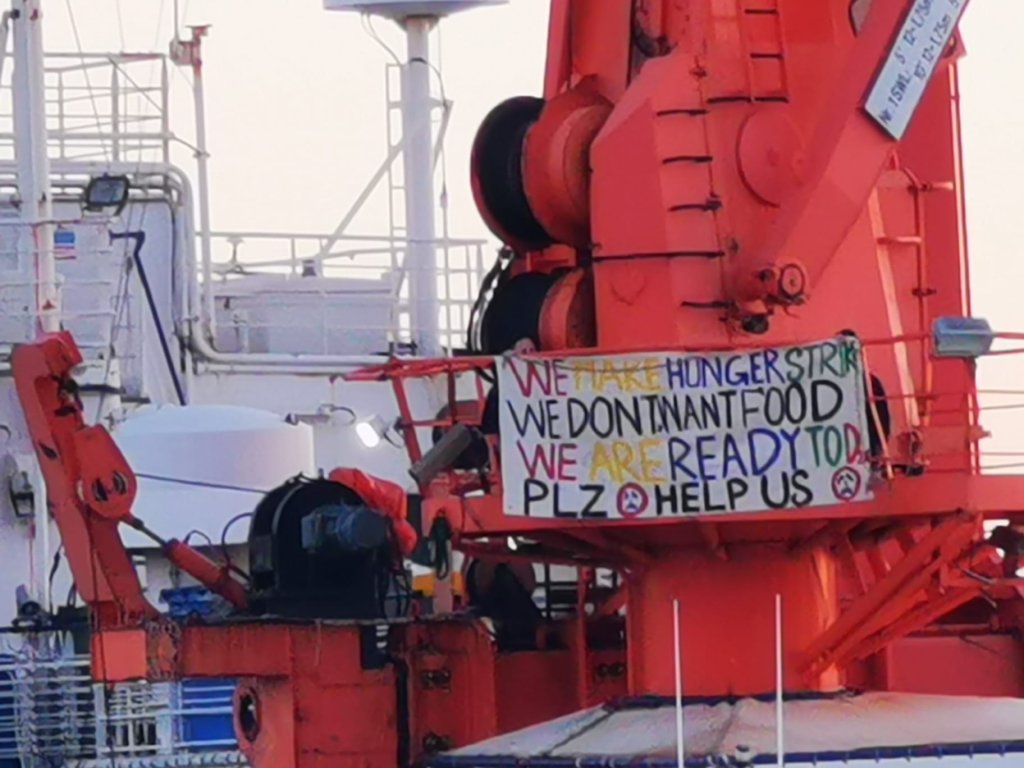
This, remembers Virgilio, was just after Italy's current Prime Minister Giorgia Meloni had taken up office, with the intention of toughening up migration policy still further, in line with their election promises.
On that day, two NGO rescue ships had arrived at the port of Catania. One, the Geo Barents, operated by the medical humanitarian charity Doctors without Borders (MSF) had brought 357 people on board, 215 of which were still on board when Virgilio and his team arrived. The Humanity 1 ship, operated by the German NGO SOS Humanity had arrived with 179 people on board. 144 of those people had been allowed to disembark and so 35 people were still waiting to have their fate decided.
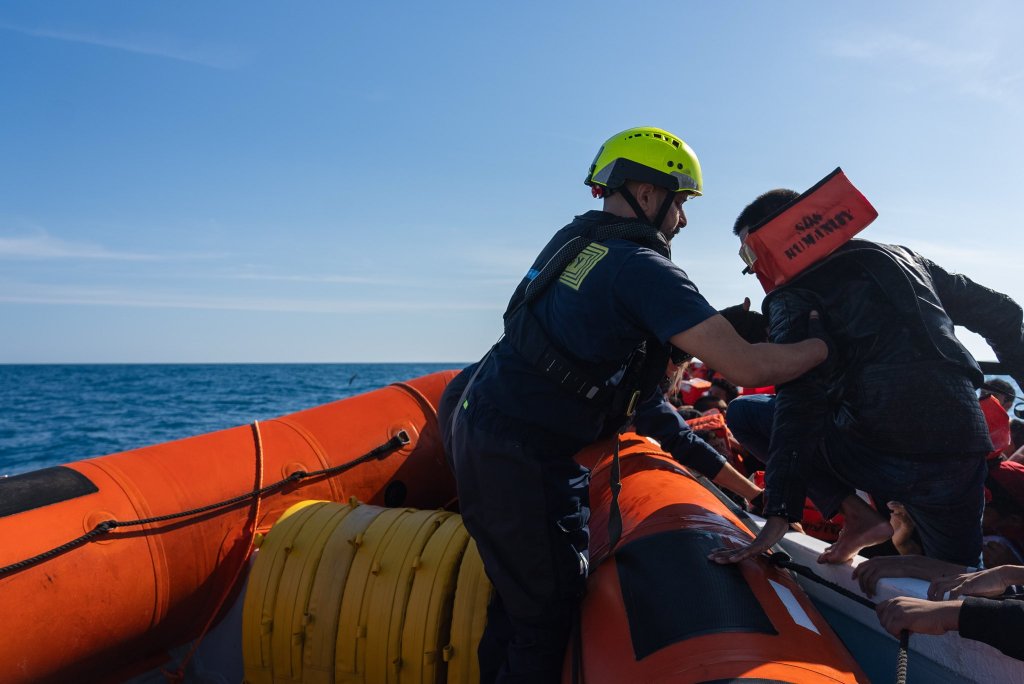
When the boats arrived, the Italian government declared that initially, only vulnerable people would be allowed to disembark, a practice they termed "sbarco selettivo" ("selective disembarkation"). The rest of the migrants on board, who were not deemed to be vulnerable, were described by the Italian Interior Minister as "residual cargo." The use of this term created a political dispute in Italy, with critics of the government up in arms that a group of people were being likened to objects.
A feeling of shock
Virgilio also remembers feeling shocked, both at the attitudes from officials and at the task with which he was faced. During his 18 years working as the head of the transcultural clinic in Catania, he couldn't recall similar things happening. "Women and the minors had landed. On board there was that group of people that the Interior Minister had called 'residual cargo.' I was just lost for words, it seemed to me as if they wanted to say that these people had no values and no rights. I was meant to choose in this group who would have the right to disembark and who wouldn't."
In order to try and find out more about the migrants on board and their journeys, Virgilio decided to implement a questionnaire designed by the European Council, called Protect. According to the European Council, the questionnaire "has been developed to facilitate the process of receiving asylum seekers in accordance with the directives of the European Council. The questionnaire facilitates the early recognition of persons having suffered traumatic experiences, e.g. victims of torture, psychological, physical or sexual violence."
The survey asked the migrants 10 questions about their journey. By asking these questions, Virgilio determined that "All of them had experienced trauma, they were witnesses of violence, death, shipwrecks. All of them had the right to disembark, so my decision was based on clinical parameters, not political ones," explains Virgilio calmly. Based on his judgement, the migrants were eventually allowed to disembark.
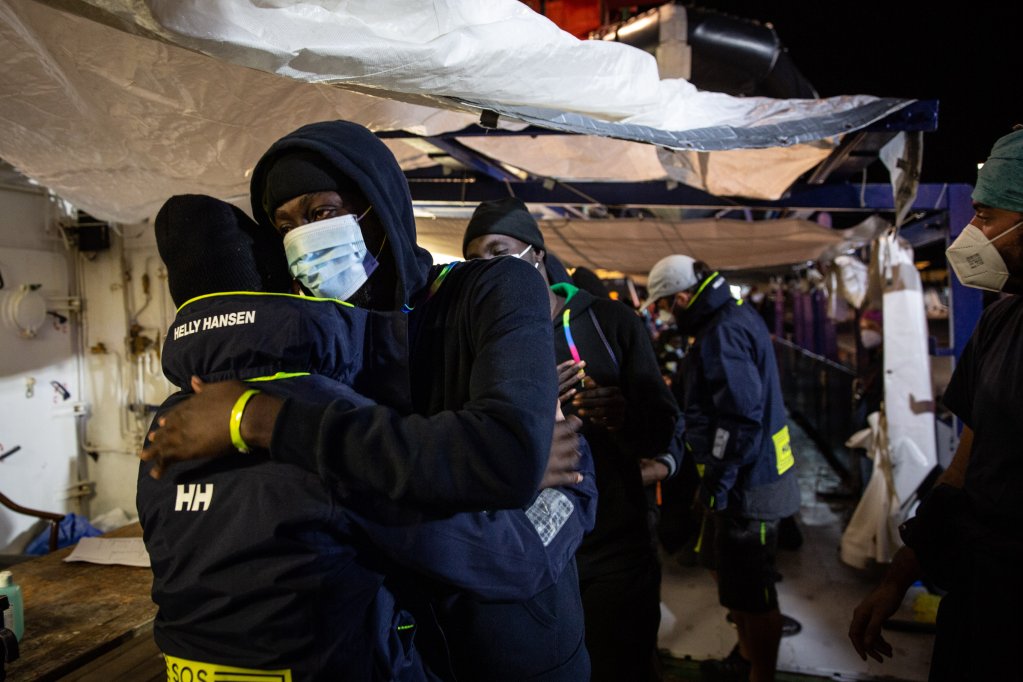
"It was a very difficult moment due to the political exploitation [of the migrants' situation], my aim was to consider people as humans. Leaving them on board the ship for longer would have only extended their trauma."
Making a change
At that moment, Virgilio decided he needed to make a change and do something more active and get involved. "After that episode I understood the importance of being present at the moment that people were rescued, so I retired from my position at the clinic and applied for the position of ship's doctor on board an NGO ship."
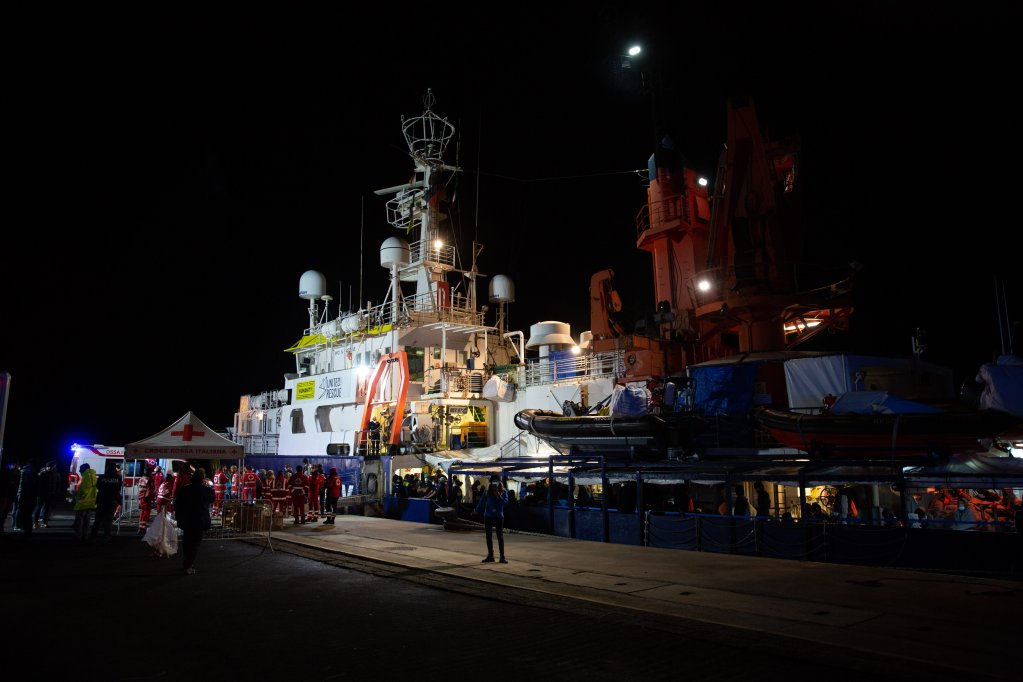
At the end of June 2024, Virgilio began a second chapter of his career, as the official psychiatrist on board the Humanity 1, the same ship, ironically, on which he had been first sent by the Italian state to try and determine people's futures in the port of Catania.
"I always try to bring a human dimension to what is inhuman. The situation in the Mediterranean for migrants is very difficult. They are risking their lives every day. Because of the Italian government decree, [which stipulates that NGO ships might have to travel for several extra days to reach a pre-determined port of safety, often in northern Italy], the psychological trauma of the migrants is extended. I see my job on board the Humanity 1 as trying to help the people we rescue mend their relationship with the world, and help them to find a new place in a new country, often far from their country of origin."
Songs of exploitation and joy
During Virgilio's latest rotation in May this year, he recalls meeting a lot of people from Bangladesh. The 103 migrants on board disembarked in the southern Italian port of Bari on May 21. The stories they told Virgilio stay with him, even as their paths diverge.
"They are exploited from the moment of their departure. Some are recruited by criminal organizations in Libya with the promise of having a job. Therefore, they start to work in Libya and they are not paid, so traffickers sell them to other traffickers or they are threatened with slave-like conditions, beaten and sometimes even raped. I saw some videos sent by Bangladeshi people to their families, they were horrible. In addition to this, many minors are encouraged to say that they are older than 18, so they can start work more quickly. During the last lot of rescues, we found a boy of 15 who was claiming to be 21."
Virgilio tries to impress upon migrants the need to be honest about their ages, especially if they are minors. That way they would get more support and even the chance to enter education, he explains. But the pressures on them are great, their families expect them to work, and so they are eager to get the chance to find a job as soon as they can. Claiming to be an adult, they believe, will offer them more freedom to do that. Also, they are often traveling on false papers, Virgilio explains, which determines their age as an adult, even if that is not factually correct.
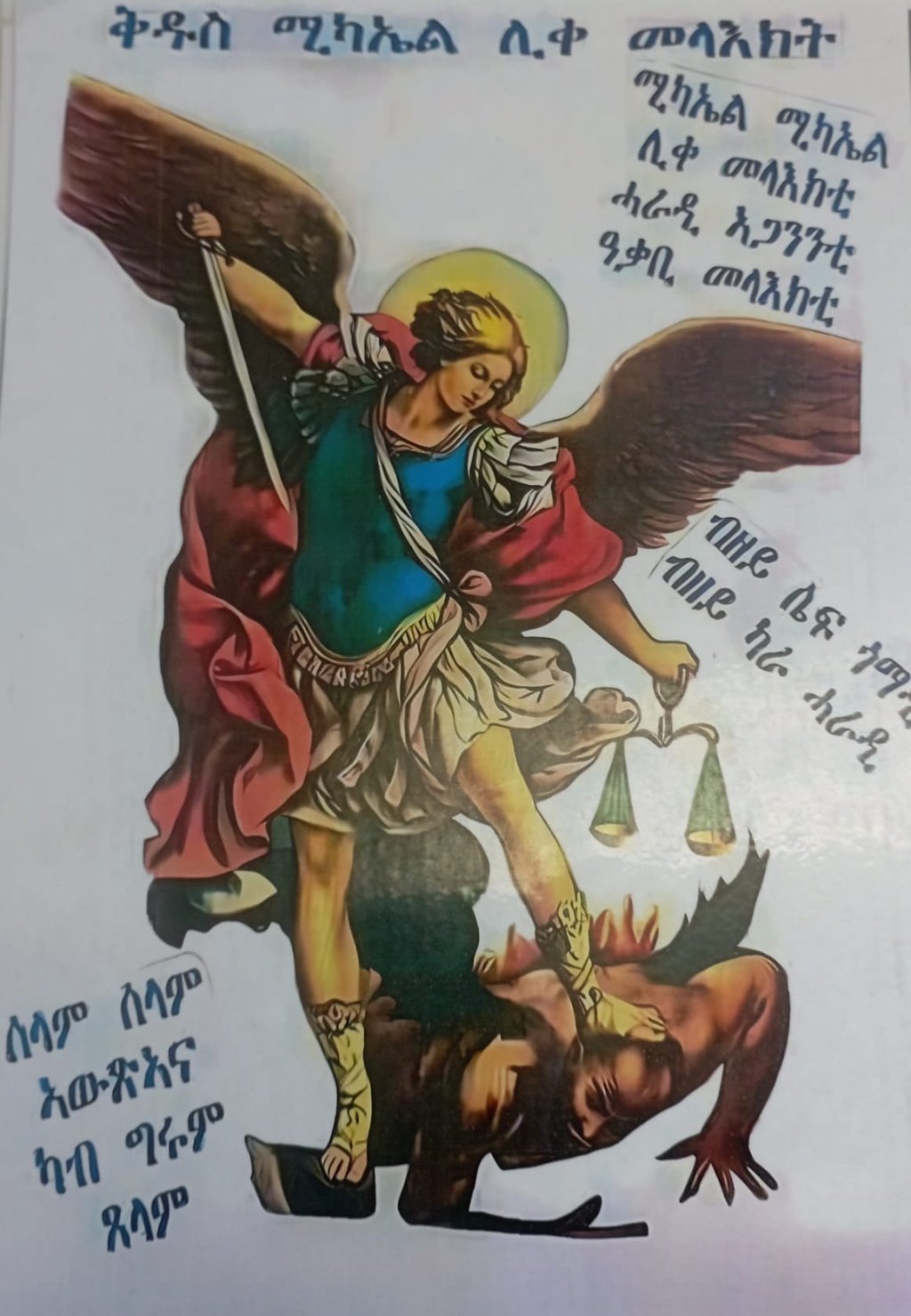
Virgilio remains touched by each person he has met on the boat. "Every time I meet survivors I see in their eyes the same look of terror, these people need support," he says with feeling.
Among the stories of exploitation and sadness though, there are also moments of joy. Virgilio still remembers a song sung by Eritrean migrants in one of his first rescues at sea in 2024: "They prayed for one hour, all of them sat in a circle, they had holy pictures with them, like the Virgin Mary or Saint Michael the Archangel. It was something I will never forget," says Virgilio, showing photos he took of some of the cards the migrants had secreted inside their clothes.
Aldo Virgilio is intending to continue his work with Humanity 1 and plans to join another rotation on board ship in the future.
